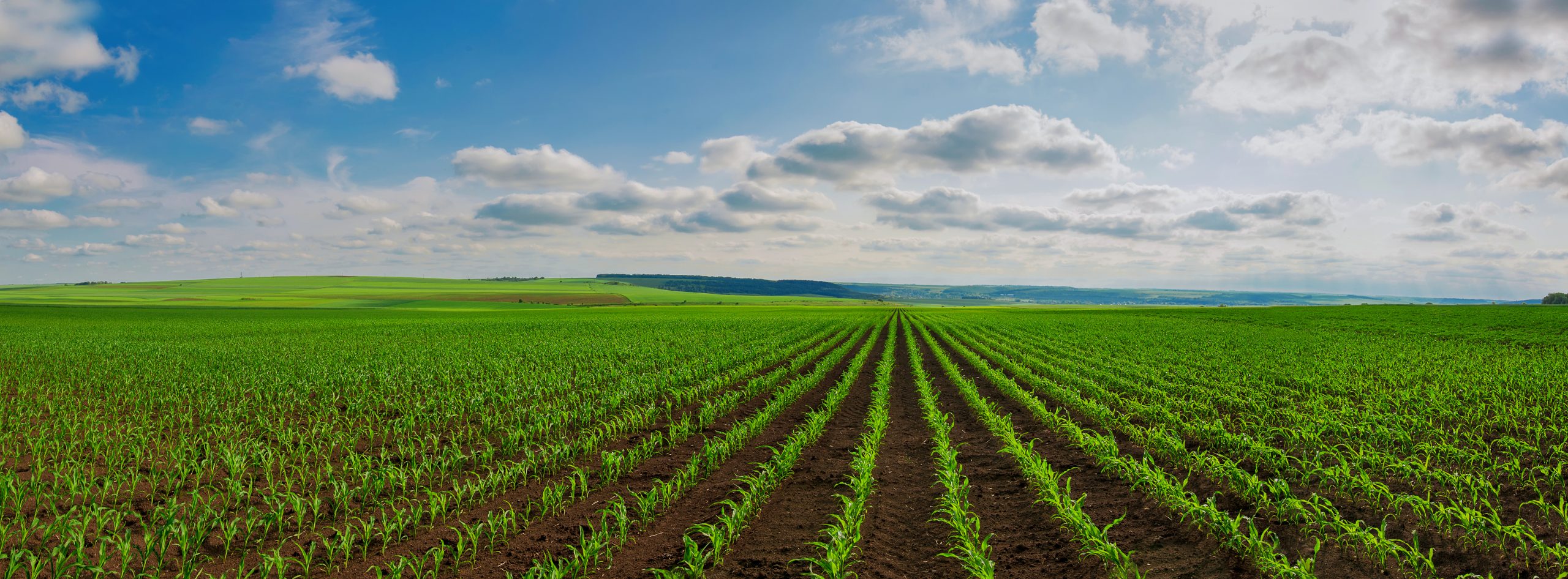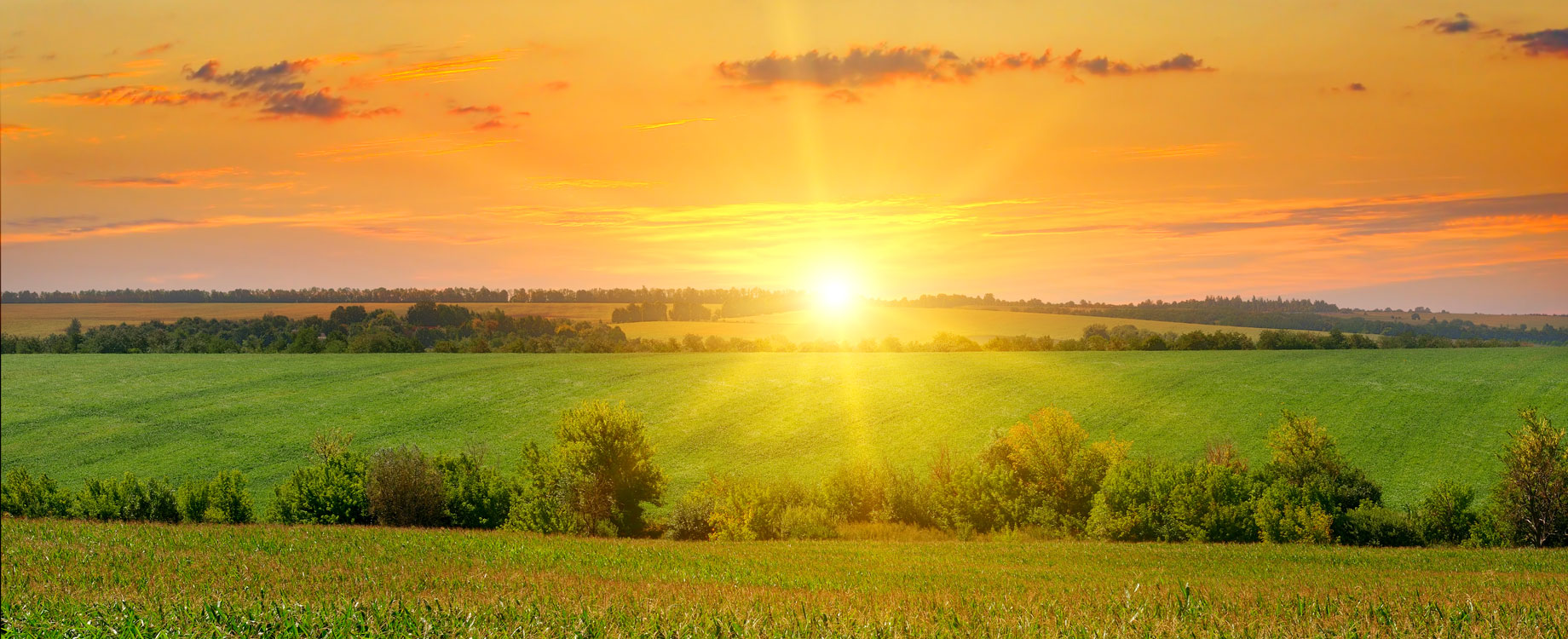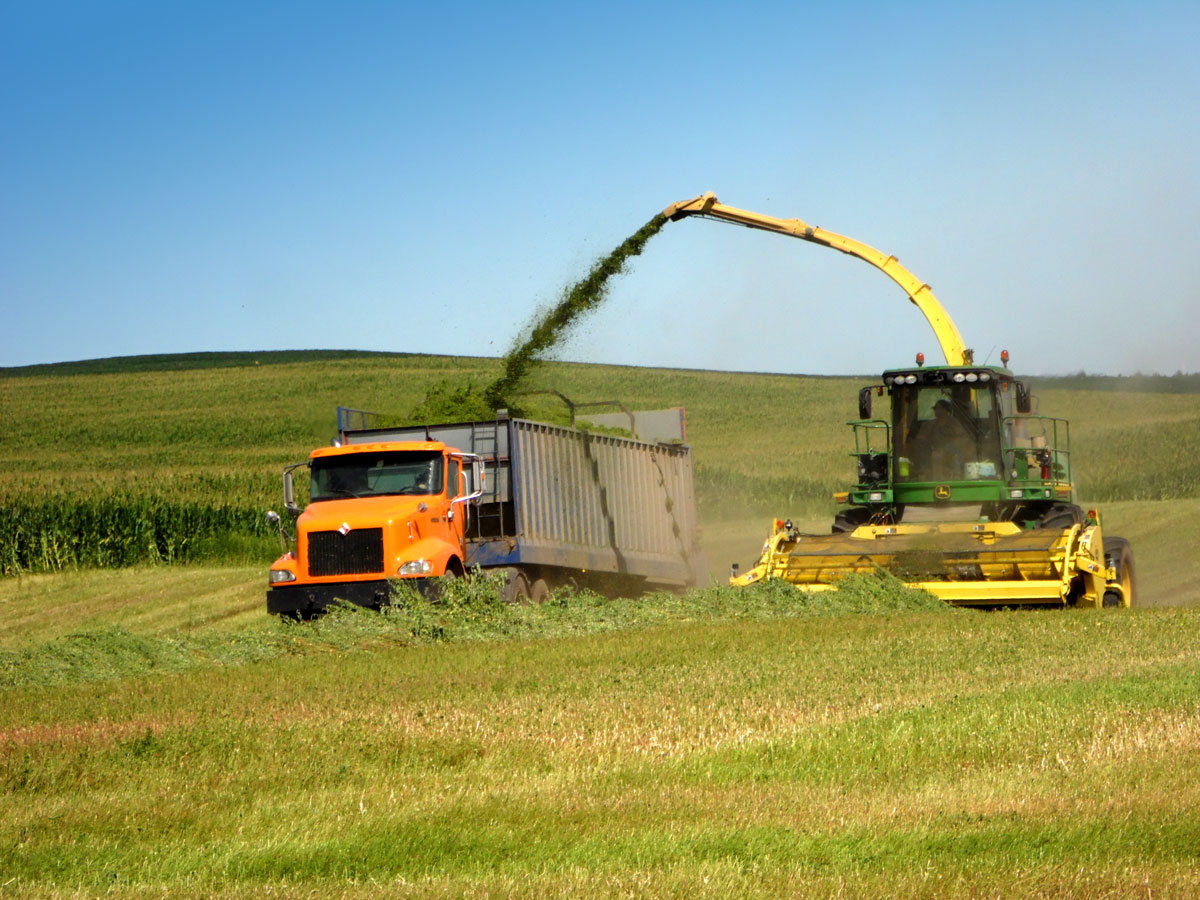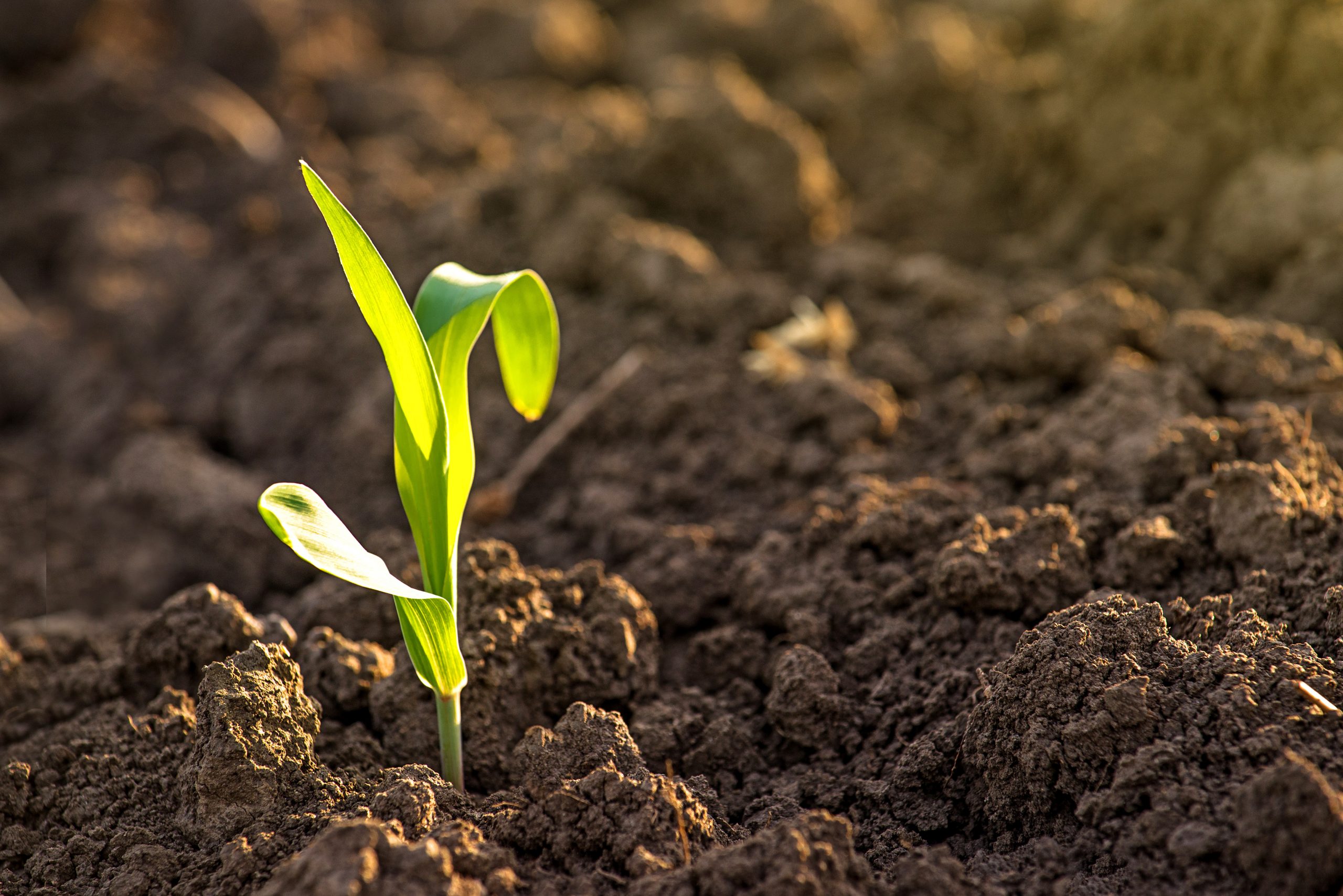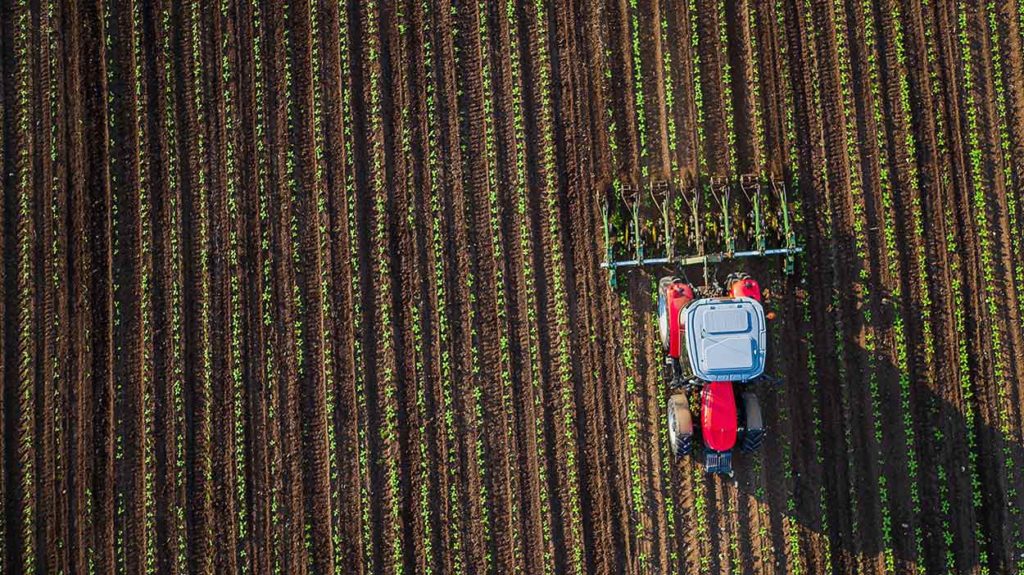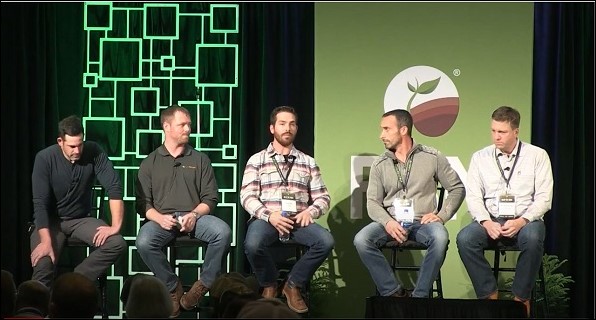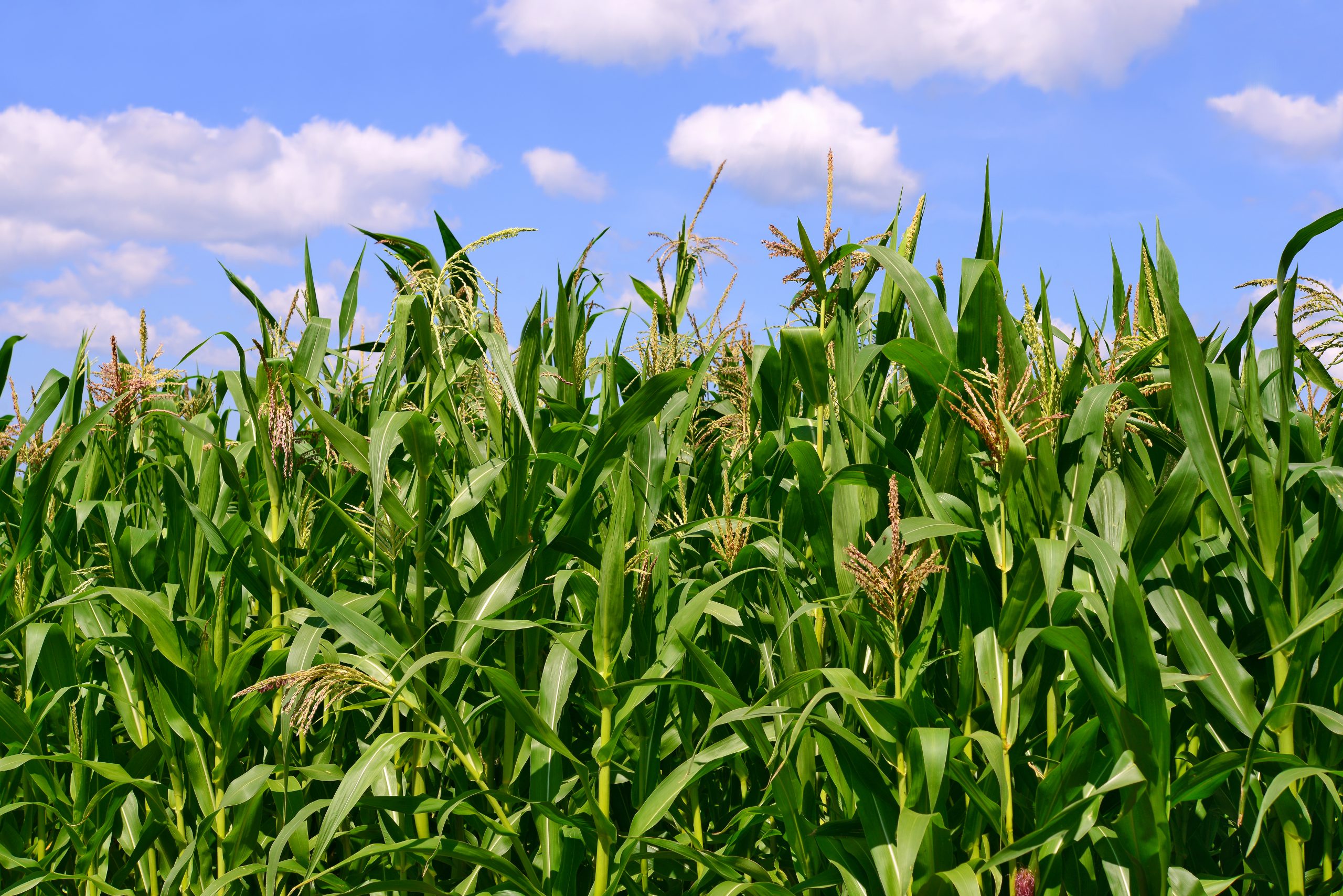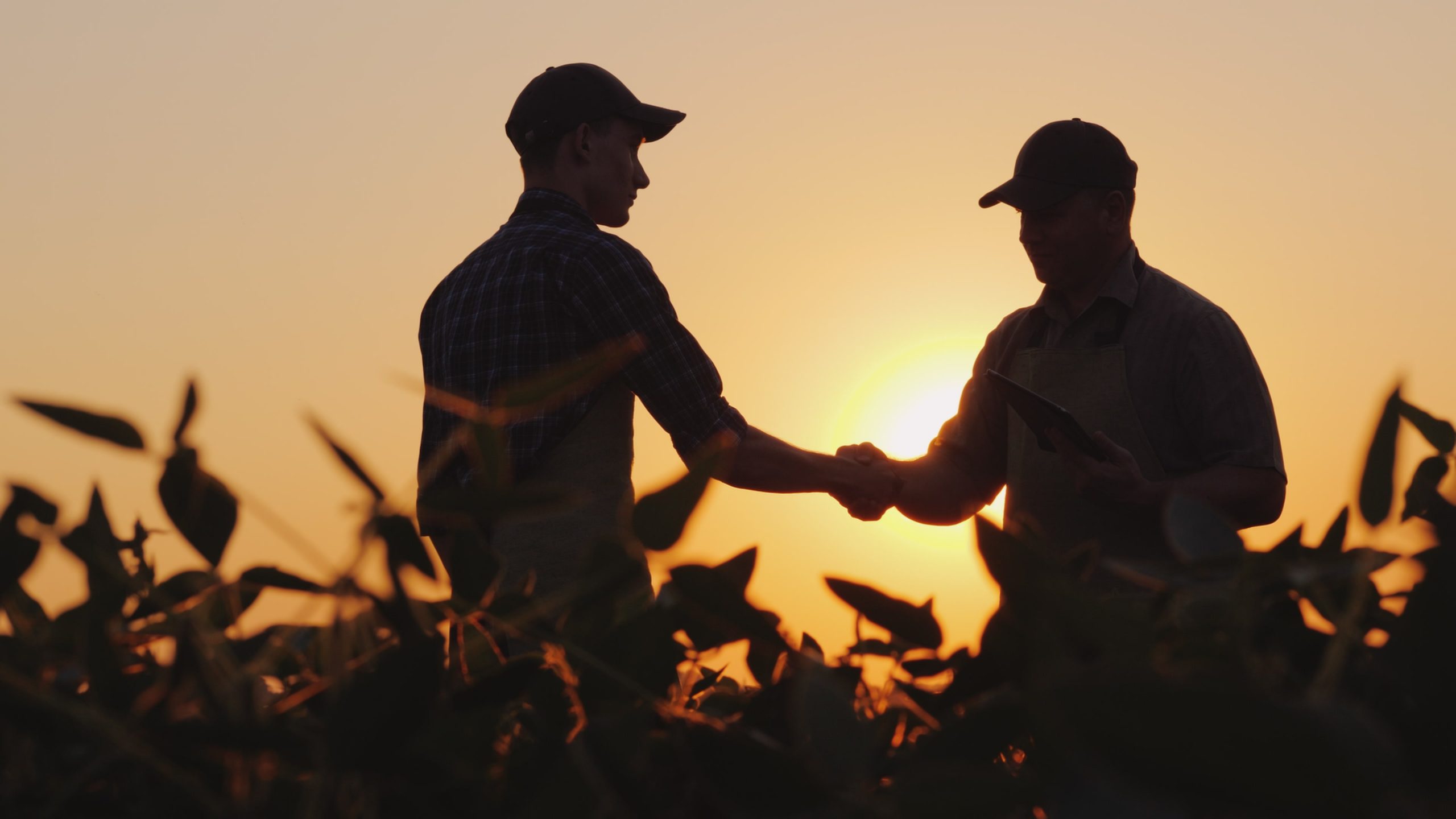- Published On: November 9, 2018
- Author: Steve Sinkula
While he was intrigued by the profit potential of organic crops, Kyle Schomers didn’t necessarily think it was a right fit for his family’s farm. That was until he received some sound advice from the folks at AgriSecure.
Kyle’s family farm had an issue with a field that was not producing like it should, so they decided to grow alfalfa to help break the cycle that was restricting the yield. “We initially weren’t planning to grow organics, but our crop consultant referred us to AgriSecure and we had the opportunity to learn a little more about growing organics through them,” said Schomers. “Our rep at AgriSecure explained that we really only had one more year for the transition period, since we were already growing alfalfa, so it seemed like a good opportunity to try out organics.”
We asked Kyle a few questions about this experience with transitioning acres from conventional to organic:

Tell us about your farm.
I farm approximately 2,500 acres with my dad, uncle, brother and brother-in-law in Harlan, Iowa.
Did you have any hesitations about growing organic crops?
We were a bit concerned about weed and pest control with organics, because we have a lot of rolling hills. If we do too much tillage, we have to worry about erosion. But, we found a pest-resistant corn hybrid and it’s been performing well. We’ve had a few cut worms, but beyond that we’ve been pleasantly surprised. The lack of weed pressure could be a result of the alfalfa, but we’re happy with the results so far.
Were you concerned about the extra time that growing organics may involve?
The additional labor was less than I anticipated. We had a cold, wet spring, then it was really hot, so we didn’t do as much tillage as we would generally need to. We realize every year is going to be different.
What are some of the challenges you experienced as you began growing organic crops?
For us, our biggest obstacle was finding a terminal. With the distance of the terminal, we needed to find a separate place to store our organic corn. However, we found a new terminal 40 miles from the farm and that’s made things a lot easier.
What are the biggest benefits of growing organic crops?
Of course, the profits are nice. When we compare the organic acres to our conventional acres this year, we’re estimating we spent about the same on input costs and about $10 more per acre on labor with organics — but the organic acres are worth a lot more!
We also feel that this is setting us up to be better farmers. As farmers, we’ve relied on Roundup and other herbicides that were an easy fix. I think we’re learning that just because it seems easy, doesn’t mean it’s what’s best for the long haul. I think learning some new methods of farming is going to be better for the future of our farm.
What are your future plans for organic crops?
We have another 100 acres of alfalfa in transition this year, and we will do another 100 to 200 acres next year.
What would you tell a farmer who was hesitant about transitioning some acres to organic?
My thought was that we could keep trying the same thing and expecting the same results — which is the definition of insanity — or we could try something new. We finally said, “why not try it?” We want to make sure we remain profitable for years to come and felt we could achieve this by diversifying with organic crops.
What resources would you tell a fellow farmer to utilize if they were interested in growing organic crops?
AgriSecure has been a great resource for us. We also belong to Farmers Business Network, which recently joined with AgriSecure, giving us a huge network of resources. We also belong to Practical Farmers of Iowa. It’s difficult to start farming a different way, but we’re glad we reached out to advisors — it has made the transition to organic a lot more manageable.
Related Articles
-
Make Your Organic Transition Period a Smart Investment
To become an organic farmer, you need to complete the organic transition period. Unfortunately, that’s a financial barrier for many farmers. Why? Because unless you have some hidden acres, you’re growing crops organically for 36 months while selling them at commodity prices. But with the right loan, plan, and mindset, you can use this time […]
-
5 Steps for a Strong Transition to Organic Farming
Is your family farm struggling to stay profitable? Are you worried the only way to stay in business is to increase your acreage? It’s time to put your worries aside. You can transition to organic row crop farming and take control of your profits. With organics, you can improve your farm’s bottom line. You won’t […]
-
Organic Certification. Done by Sep 2020. Check!
The pandemic turned “normal” upside down in 2020, but it didn’t stop AgriSecure. Our members got their organic certification completed. On time. COVID-19 caused communication delays. It created confusion across the nation. Still, all our members had their organic certification paperwork done by September. Why? For one, row crop farmers gained from our expertise in […]
-
Organic Transition Provides “Peace of Mind” and an Edge
Not so long ago, Todd Grohs realized he had a problem. He was doing the budget for his 5,000-acre farm in Wessington Spring, S.D., and the numbers didn’t look good. “I said, ‘I’ve got an option here. If I stay doing what I’m doing, in three to four years I’ll have all of my equity […]
-
5 Steps for Financing the Transition to Organics
Profits. They’re one of the primary reasons farmers decide to move into organic production. Financing the transition to organics, though, can be one of your biggest hurdles. That’s why the support of a banker or ag lender can be a lifeline for farmers looking to get into organics. The right backing helps you build an […]
-
Transitioning to Organics? Avoid These 5 Pitfalls.
There are many reasons to be interested in transitioning to organics. Premiums are one of them. Prices for organic row crops can be two to three times those for conventional, with the organic corn market trading at an average $9+ per bushel over the last decade. The key to realizing these benefits is getting off […]
-
Consider Organic Farming? Yes.
With so much economic uncertainty caused by the COVID-19 pandemic, you may be wondering: Is now the right time to transition into organic crop production? Is this the right time to increase the number of organic acres you’re already farming? My answer, yes. Current market conditions, falling commodity prices for conventional crops and somewhat lower […]
-
80 Million Millennials Can’t Be Wrong: Farmer Panel
80 million millennials are a part of the driving force behind the rapid growth of organic food demand. So why aren’t more farmers transitioning into a system that sees premiums of 2x over conventional and profitable margins? In a panel that took place at FBN’s Farmer2Farmer V event, AgriSecure co-founder and organic farmer Bryce Irlbeck […]
-
Organic Production? Get this Free Playbook.
Becoming an organic farmer is not a simple task. It requires a 36-month period, known as the transition process, where fields are treated as they would be under organic certification, but without being able to reap the organic premiums. Transitioning can set your organic operation up for success or struggles, which is why AgriSecure has […]
-
AgriSecure Shares Transition Tips at Minnesota Organic Conference
AgriSecure account executives Kenn Jenkins and Pete Kapustka will share the company’s perspective on how to manage the transition process into organic production at the 2020 Minnesota Organic Conference. Becoming an organic grower requires a field not having any prohibited substance or genetically modified crops on it for 36 months, and that time period can […]
Get in the know
Our newsletter, it’s a quick read. You’ll get industry news plus all the latest organic insights. Who doesn’t want that?
